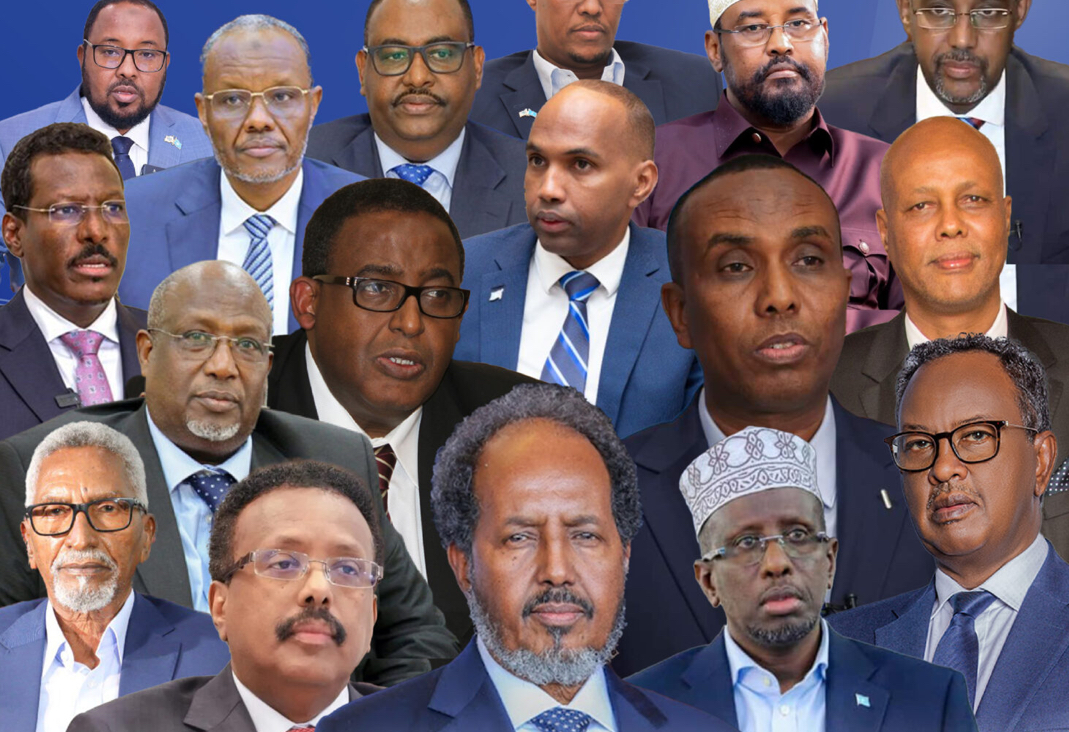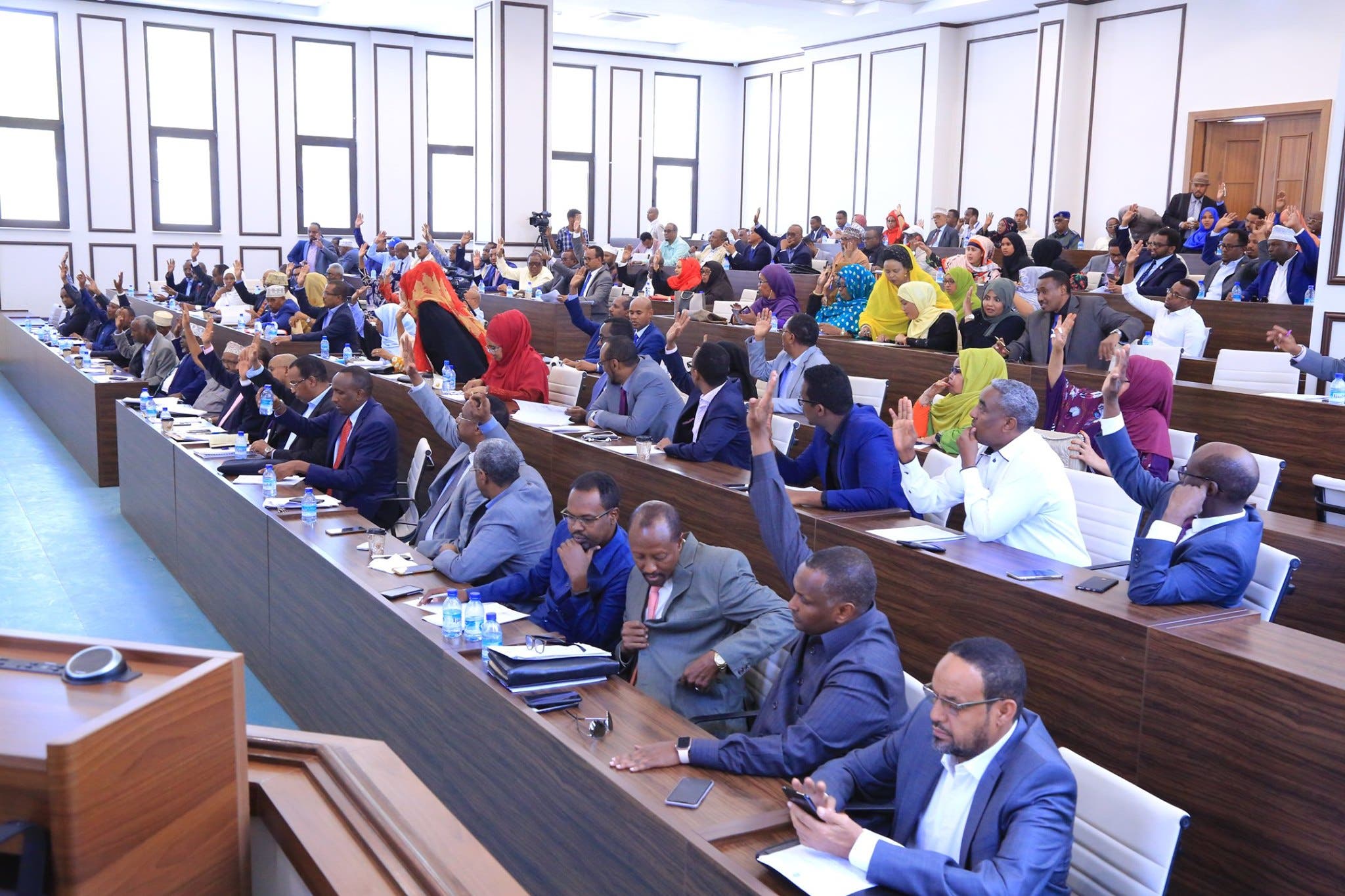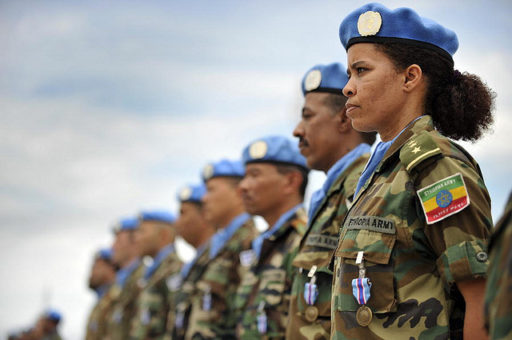Share the post "The Halane Accord: A Possible Turning Point in Somalia’s Political Turmoil."
In an effort to resolve Somalia’s mounting political strife, Western embassies situated within Mogadishu’s heavily secured Halane compound, in conjunction with the United Nations Office, are spearheading the organization of a National Conference. This endeavor seeks to convene Somalia’s federal government, leaders of regional states, opposition factions, and former high-ranking officials (presidents and prime ministers) to tackle disagreements concerning elections, constitutional amendments, and counter-terrorism strategies…
This drive for a national dialogue, reportedly encouraged by the United States, arises from increasing dissatisfaction with the Federal Government of Somalia, currently led by President Hassan Sheikh Mohamud. It is suggested that the Trump administration holds particular reservations about the government’s management of anti-terrorism operations and its commitment to inclusive governance. The U.S., now taking a more forceful approach towards Villa Somalia (the presidential residence), is supporting this initiative to stabilize the nation’s fragmented political environment.
The envisioned conference would involve crucial participants: the National Consultative Council (which includes the Presidency, the Prime Minister’s Office, and leaders from Southwest, Galmudug, Hirshabelle, Banadir, and SSC-Khatumo), Speakers of the House of the People and the Upper House, along with Puntland and Jubaland—two Federal Member States frequently in conflict with the central government. The inclusion of former presidents and prime ministers is also planned to add significance to the discussions. The UN is being considered as a potential host and mediator for the event, to be held within the secure Halane compound.
A preliminary framework for the conference has reportedly been shared with two members of the C6+ Group, a coalition of international partners invested in Somalia. The global community views this as a vital chance to address complaints from regional states and opposition groups, particularly if the Federal Government does not follow through on its pledged reforms. The conference could provide a venue for settling disputes over the electoral framework and constitutional changes, which have exacerbated Somalia’s political divisions.
Concurrently, Uganda has surfaced as a possible alternative location, proposing to host a reconciliation summit in Kampala if Somalia’s government is unable to settle its electoral disagreements by early July. This “Kampala Accord” initiative highlights the pressing need to find a resolution before the crisis further undermines progress.
In Mogadishu, opposition figures, such as former President Sharif Sheikh Ahmed, two former Speakers, several past Prime Ministers, and leaders of opposition parties are actively organizing. They have conducted strategic discussions to form a unified stance before the elections and have communicated with the UN Special Representative and foreign ambassadors. These actions underscore the widening divide with President Mohamud’s administration, which faces accusations of marginalizing important stakeholders.
The political impasse has yielded noticeable repercussions. The National Consultative Council, previously a platform for discussion, has disintegrated after some of its members aligned with Mohamud’s political faction. This internal conflict has hampered Somalia’s efforts against Al-Shabaab, as attention and resources are diverted from security concerns.
The Halane Accord, while still in its preparatory phase, has the potential to be a significant moment. A successful outcome could overcome the political gridlock, rebuild confidence among Somalia’s various groups, and renew initiatives to bring stability to the nation. Nevertheless, the federal government’s reaction is still unknown, and the international community’s determination will be challenged as Somalia confronts this pivotal period.




